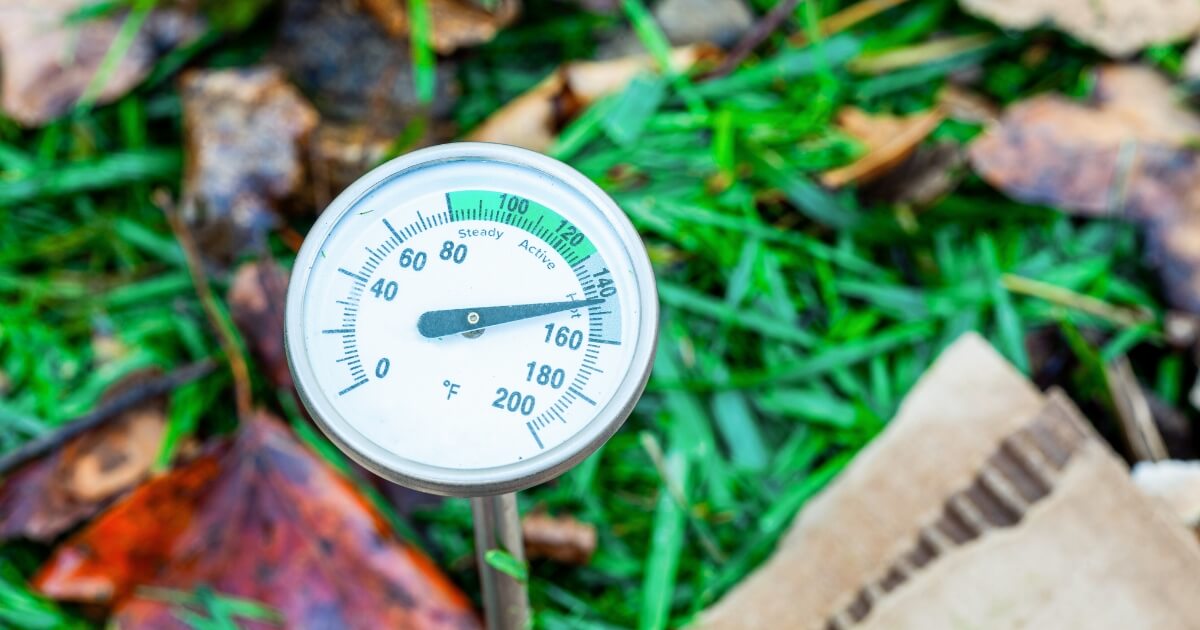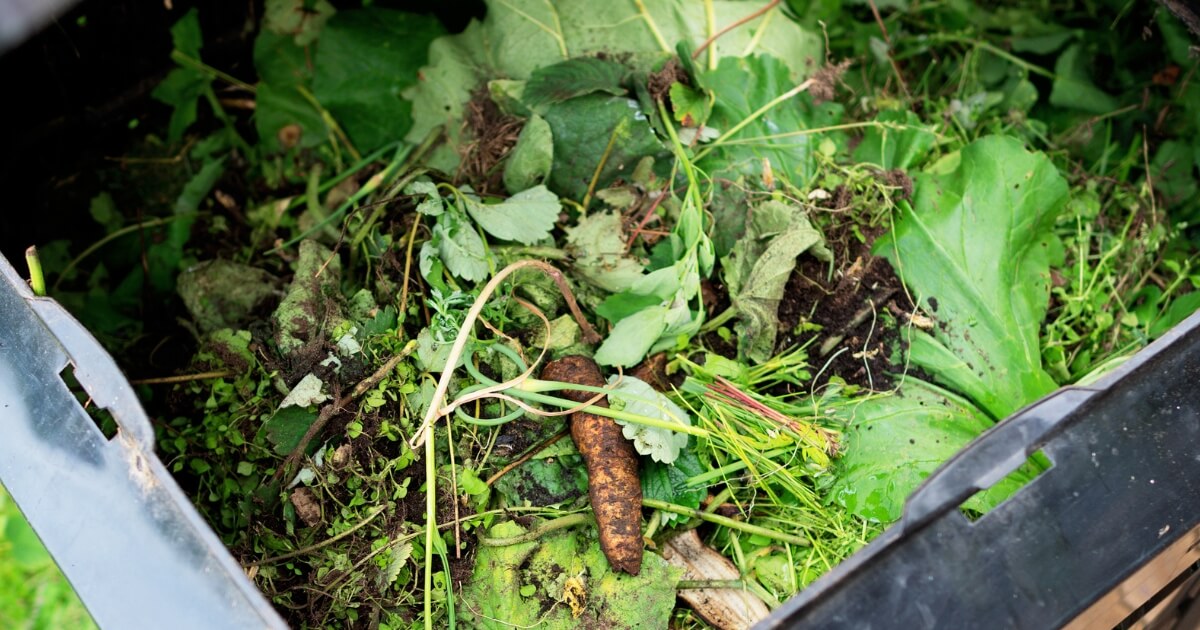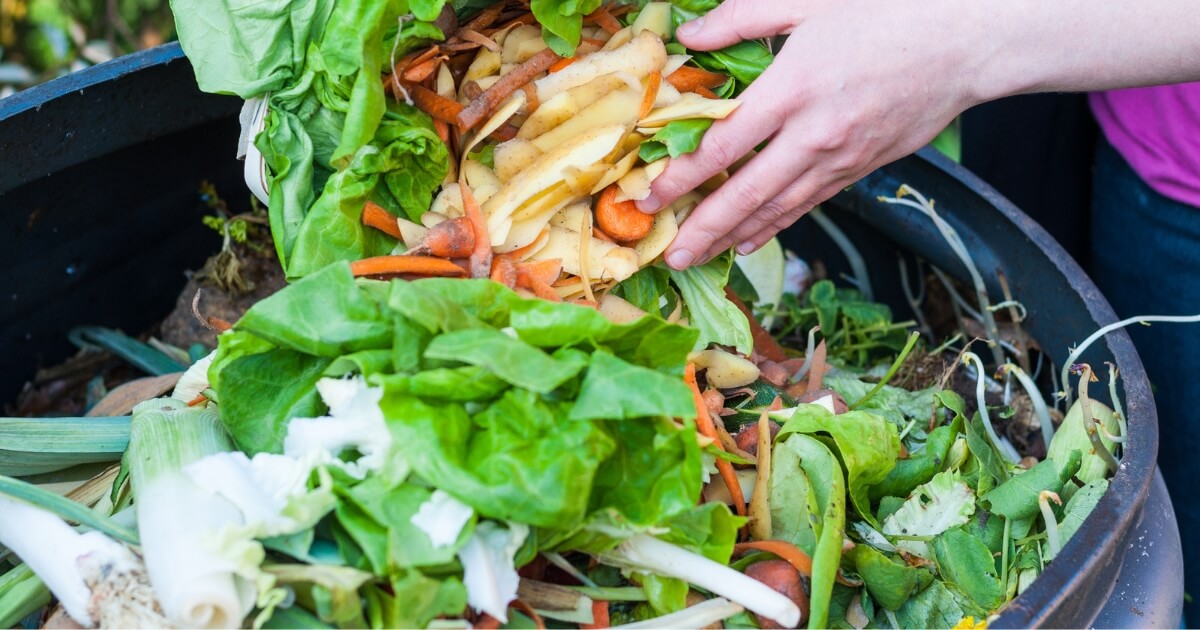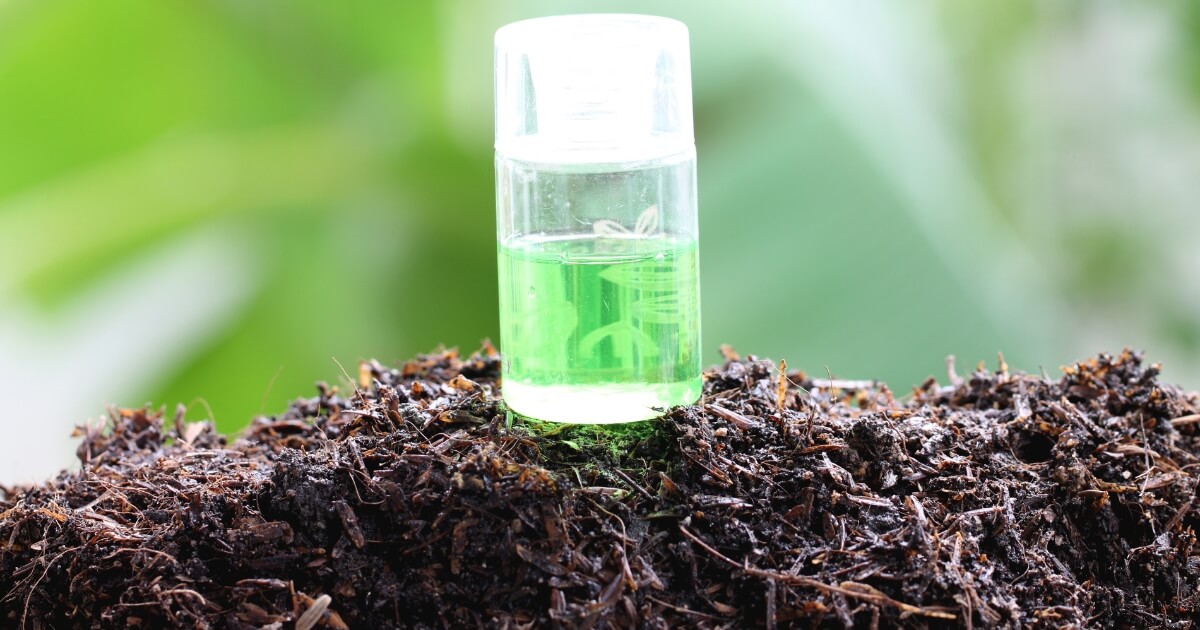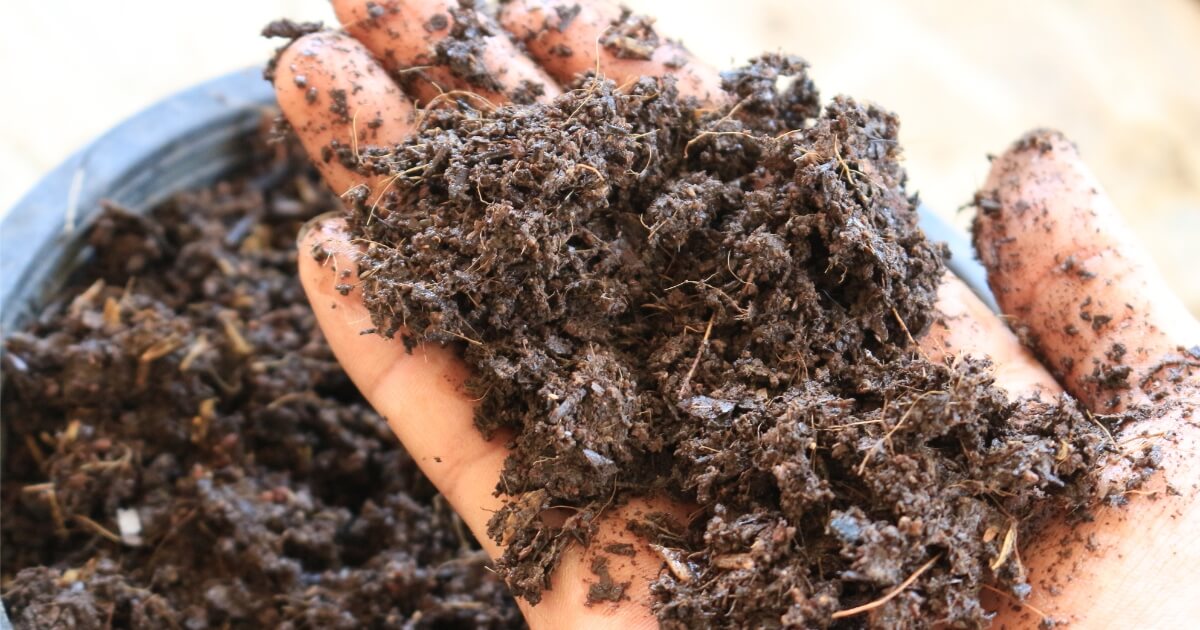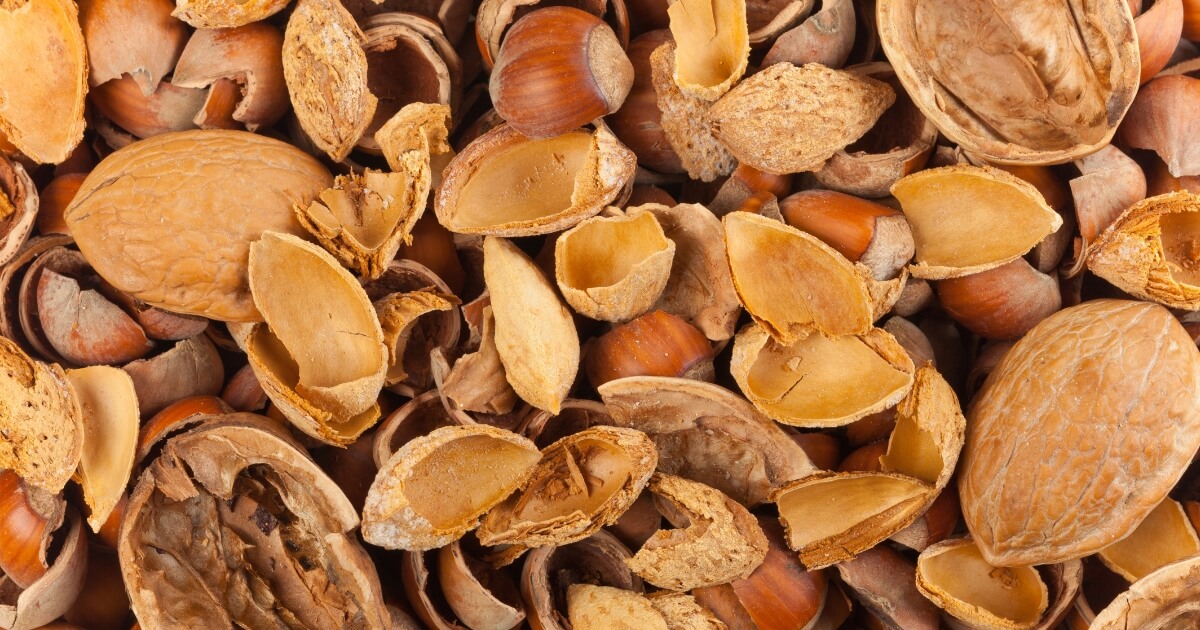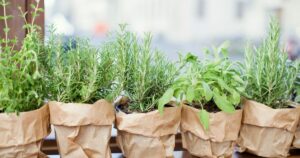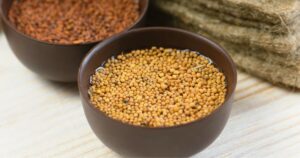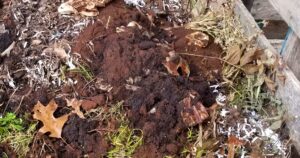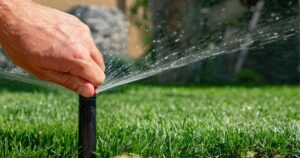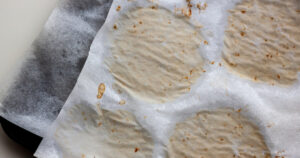Home composting is a natural process of recycling organic matter, like your kitchen scraps and yard waste, that boosts your garden and soil and represents the essence of eco-friendly gardening.
But as with any gardening practice, the time and space it takes may not be for you. So, I’ll explain both the advantages and disadvantages of composting for you to judge if putting this practice into your gardening routine is right for you.
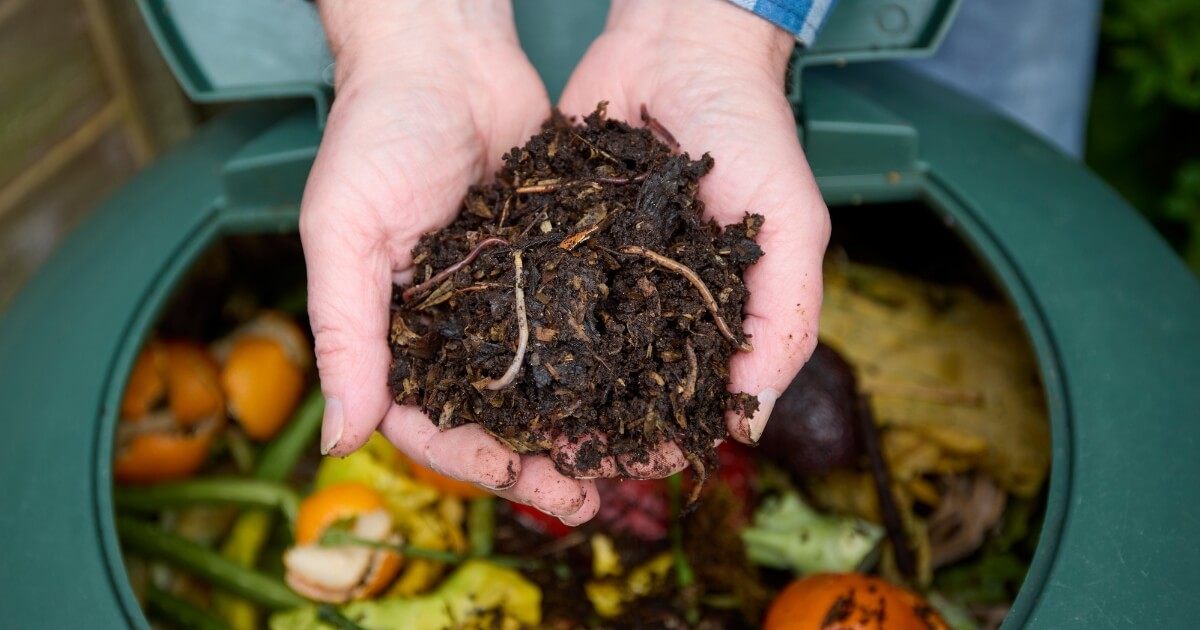
ADVANTAGES
- Boosts nutrient content and structure.
- Turns kitchen and garden scraps into compost.
- Lowers need for commercial fertilizers.
- Attracts worms and microbes.
- Builds disease-resistant plants.
DISADVANTAGES
- Requires regular upkeep and patience.
- Needs a dedicated area in your garden.
- It can attract unwanted visitors if mismanaged.
- Needs the right mix of green and brown materials.
- Initial understanding is necessary for success.
Composting Advantages
Enhances Soil Quality
Composting is packed with all the goodies your plants crave. When you mix compost into your soil, it’s like hitting the jackpot for them to thrive. Here’s how:
- Pumps Up Nutrient Content: Your plants are always hungry for nutrients, and compost is their favorite snack. It slowly releases nitrogen, phosphorus, and potassium. Think of them as the plant world’s equivalent of a balanced diet.
- Boosts Soil Structure: Good soil should feel like a fluffy cake rather than a dense brick. Compost works magic to make soil loose and airy, helping roots spread out and breathe easily.
Reduces Food Waste
Think of composting as your personal recycling center right in your backyard. It’s a win-win: you reduce the amount of waste that would otherwise clog up landfills, and you get nutrient-dense soil for your garden.
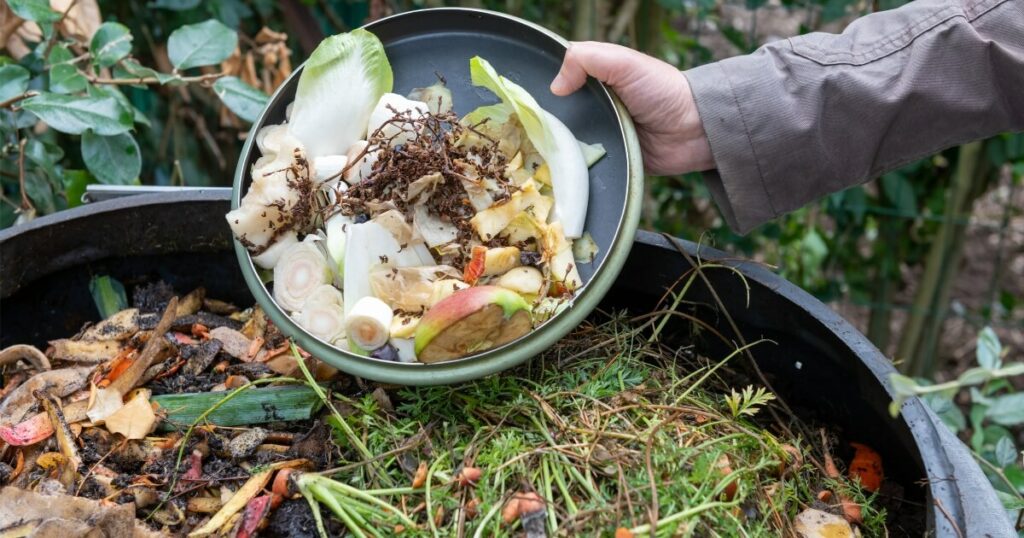
- Transforms Scraps into Treasure: All those banana peels, coffee grounds, and eggshells can find new life as compost. Instead of tossing them in the trash, they become part of a nutrient-rich mix.
- Cuts Down on Landfill Load: Every apple core or fallen leaf you compost is one less item taking up space where it doesn’t break down so well.
According to the EPA, about 30 percent of what’s going to the landfill should be composted instead. That’s millions of tons of trash that we could be transforming into fertile soil.
Cost-Effective
Roll up your sleeves because composting is the ultimate do-it-yourself soil supplement that keeps your wallet happy. Here’s why it’s a smart move for your green thumb budget:
- Lowers the Need for Commercial Fertilizers: Say goodbye to those pricey bags of fertilizer. With compost, you’ve got an all-natural plant booster on tap. It’s like brewing your own plant tonic without the sticker shock.
- Utilizes Everyday Waste, Saving Money: Those kitchen scraps and yard trimmings? They’re not waste anymore. They’re resources! Turning them into compost means you’re skipping the trash service fees and getting free food for your plants.
Encourages Beneficial Organisms
Ever wonder who the heroes of your garden really are? Look no further than the earthworms and microscopic buddies that thrive in compost-enriched soil. Here’s what these tiny tenants do for you:
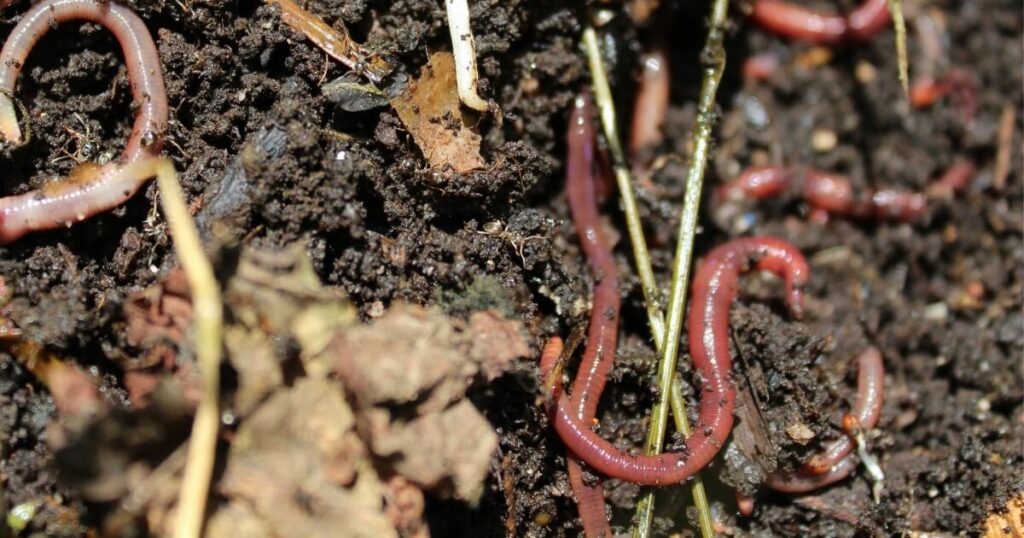
- Attracts Earthworms: These little wrigglers are nature’s plows. They tunnel through the soil, making it a prime spot for roots to grow. Plus, their castings are pure gold for plant health.
- Boosts Microbial Life: Beneficial bacteria and fungi set up shop in compost-rich dirt. They break down organic matter, releasing nutrients plants can easily absorb. It’s like having a mini ecosystem working overtime for your garden.
Natural Disease & Pest Control
On the other hand, composting can also help your plants stand up to problems. When you enrich your soil with compost, you’re equipping your garden with a natural defense system. There are myths about this, but this isn’t the solution to all your problems. Here’s what I mean:
- Enhances Plant Immunity: Just like a balanced diet keeps us fighting fit, compost helps plants become more resilient to diseases and pests by strengthening their natural defenses.
- Suppresses Plant Diseases: Some studies suggest that the beneficial microorganisms in compost can actually outcompete harmful pathogens, reducing the incidence of certain plant diseases.
Composting Disadvantages
Requires Time and Effort
Let’s not sugarcoat it because composting asks for some elbow grease and patience from you.
- Demands Regular Maintenance: Composting isn’t just a set-it-and-forget-it kind of deal. You must turn that pile to keep air flowing, and help materials break down evenly.
- Takes Time to Mature: Nature doesn’t rush, and neither does composting. It can take several months before your pile turns into usable compost. It’s all about playing the long game for that rich, crumbly payoff.
Space Requirements
Composting does ask for its own little corner of your yard or indoor space.
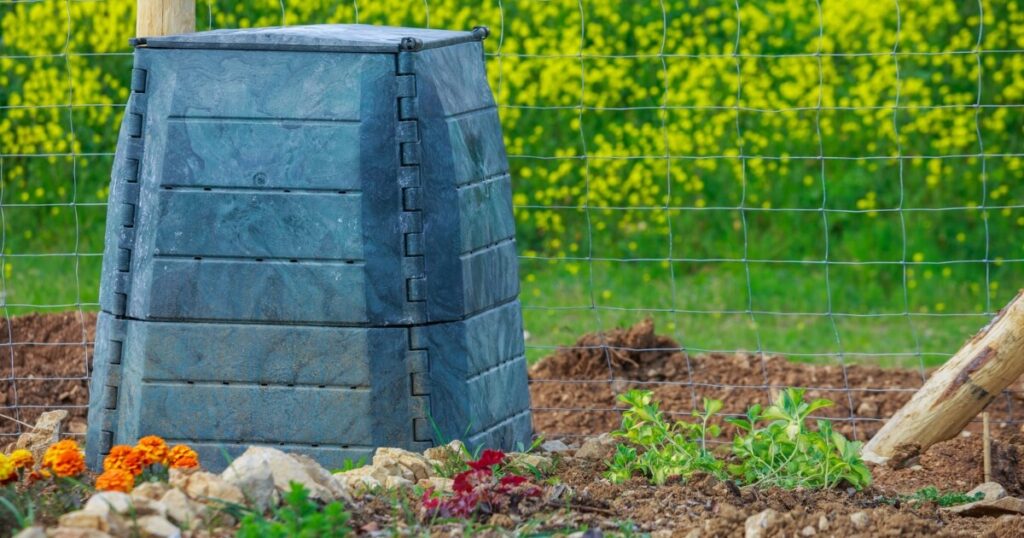
- Needs a Dedicated Space: Your compost pile or bin requires a spot where it can sit undisturbed.
- Not Ideal for Limited Outdoor Space: Traditional composting might be tricky if you’re working with a balcony or a tiny patio. But there are compact solutions like worm bins or bokashi composters that work in smaller spaces.
So, while you might need to get creative with your space, there’s usually a way to make composting work, no matter the size of your space available.
Can Attract Pests
Composting is basically throwing a buffet for microbes, but sometimes uninvited guests show up:
- May Lure Insects and Rodents: If not managed properly, your compost pile could become a hangout spot for critters looking for a free lunch.
- Requires Careful Management: To keep pests at bay, you’ve got to be smart about what goes into your pile. Usually, meat and dairy are big no-nos. And how well you cover those kitchen scraps will play a role, too.
Time-Consuming
Composting isn’t exactly a quick fix for your garden. It’s more like a labor of love. Here’s the real talk on the time you’ll invest:
- Needs Consistent Upkeep: You can’t just toss scraps and forget them to get that perfect decomposition. Regular turning is part of the composting choreography, ensuring everything breaks down evenly.
- Patience Is Key: Rome wasn’t built in a day, and neither is quality compost. It often takes a few months before your pile transforms into that dark, rich material plants love.
Odor and Pests
Alright, let’s talk about the not-so-rosy part of composting. Sometimes, there’s a bit of a stink issue:
- Potential for Unpleasant Odors: If you’re not balancing your greens and browns or turning the pile regularly, your compost might start to smell like last week’s forgotten leftovers.
- Can Attract Rodents and Insects: A compost pile is like a buffet sign for critters if it’s just an open invitation. Make sure you’re keeping things tidy and contained to avoid hosting a pest party.
Balancing Act
Composting is a bit like baking in that you need the right mix of ingredients for the perfect outcome. Here’s what you should keep in mind:
- Needs a Balance of Green and Brown Materials: Greens are your nitrogen-rich stuff like veggie scraps and coffee grounds. Browns are carbon-rich, like dry leaves and twigs. Hit that sweet spot between the two for composting success.
- Incorrect Ratios Can Slow Down the Process: If there are too many greens, your pile might become wet and smelly. Too many browns and decomposition could slow to a crawl. Aim for a balance to keep things decomposing at just the right pace.
Learning Curve
Jumping into composting can feel a bit like learning a new language.
- Initial Learning Required for Effective Composting: To get started, you’ll need to learn what to compost, how to layer your pile, and when to turn it.
- Mistakes Can Lead to Poor Quality Compost or Failed Batches: If you add the wrong materials or neglect your pile, you might end up with a less-than-stellar batch or no compost at all.
But don’t let that deter you. I’ve got a whole series of compost guides to help you every step of the way.
